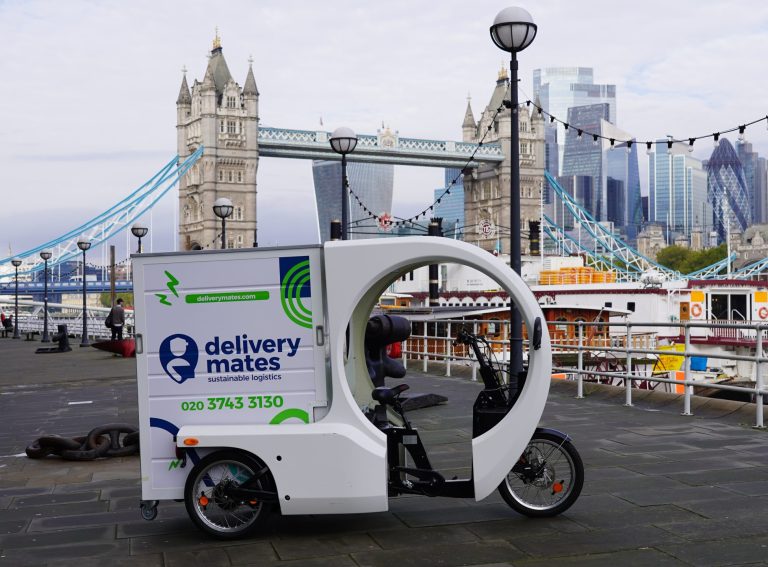In May 2021 Superpedestrian partnered with ACI-Sara in order to offer specialist e-scooter training courses.
Located at Vallelunga in Rome and Lainate in Milan, the course is aimed at raising the participant’s awareness of the safety concerns related to driving an e-scooter.
It provides useful tips to helps increase the riders’ ability to perceive and prevent risks, as well as developing technical skills at the basis of driving this type of vehicle.
Lasting around two hours, the course includes an initial theory aspect and several practical sessions.
Each session involves four participants and they are all awarded a certificate upon completion, with the practical sessions including driving position, slow, dynamic slalom, braking and driving in curves.
More than three months after launching the training courses with ACI-Sara, Superpedestrian Policy and Business Development Manager Matteo Ribaldi sat down with Zag to discuss their progress.
Zag: Explain how the first three months of running these training centres have gone?
Matteo Ribaldi: “In collaboration with ACI-Sara, we wanted to establish the first driving school for e-scooters in Italy. Something of this nature does not exist in Italy, but it is very important. Essentially, we created a course with a technical and practical aspect and consumers can choose how they want to enrol, whether that be simply an e-scooter course or an integrated course with cars and scooters.”
Zag: Why did you chose to involve vehicles other than e-scooters?
Matteo Ribaldi: “This is really important because we think that the development of the scooter market will go through integrations with other forms of mobility, and riders need to understand the movement and behaviour of the other people on the road. Our intention is not to establish a driving license system, but rather to raise the awareness of security related issues and to establish the first course from which others can develop. We think that e-scooters, and especially LINK scooters, are very important to the future of mobility and it is not easy to ride one without experience. Therefore, we created this partnership with ACI-Sara and until now it has been working well with a lot of participants, private citizens but also public entities.”
Zag: Can you see the number of training centres increasing?
Matteo Ribaldi: “For sure, we would like to extend this partnership. Initially we agreed with ACI-Sara that it would have been better to run it with small groups, but we would also like to involve schools in the future. A lot of people use our vehicles only for fun, but it is really important to offer information about safety and about how to better use our vehicle. I think that on this point the ACI-Sara instructors are the very best. They are really professional, and it is great to have them as part of this partnership in order to help us to raise awareness of these security related issues.”
Zag: How can training play into the future legislative decisions surrounding micromobility?
Matteo Ribaldi: “In Italy we are still in the preliminary phase with e-scooters, while in legislative terms, we are in a three-year experimental phase. Until now we have not been obliged to run this initiative, but I think it is really important, and the key to developing our market and our business. We are waiting to know more about the legislative and regulatory direction that the country is going to take, while we are also having discussions both at parliamentary level and with the Ministry of Infrastructures and Sustainable Mobility. LINK wants to do its part, especially on safety related issues.”
Zag: What are your plans for expanding your service and the reach of these training schemes?
Matteo Ribaldi: “We have launched in a few new cities, so we now have more than 2,000 e-scooters across Italy, with around 1,000 in Rome and the rest across Italy. We run the centres close to our two main headquarters in Rome and Milan, but we want to replicate this safety training service across the country.”





